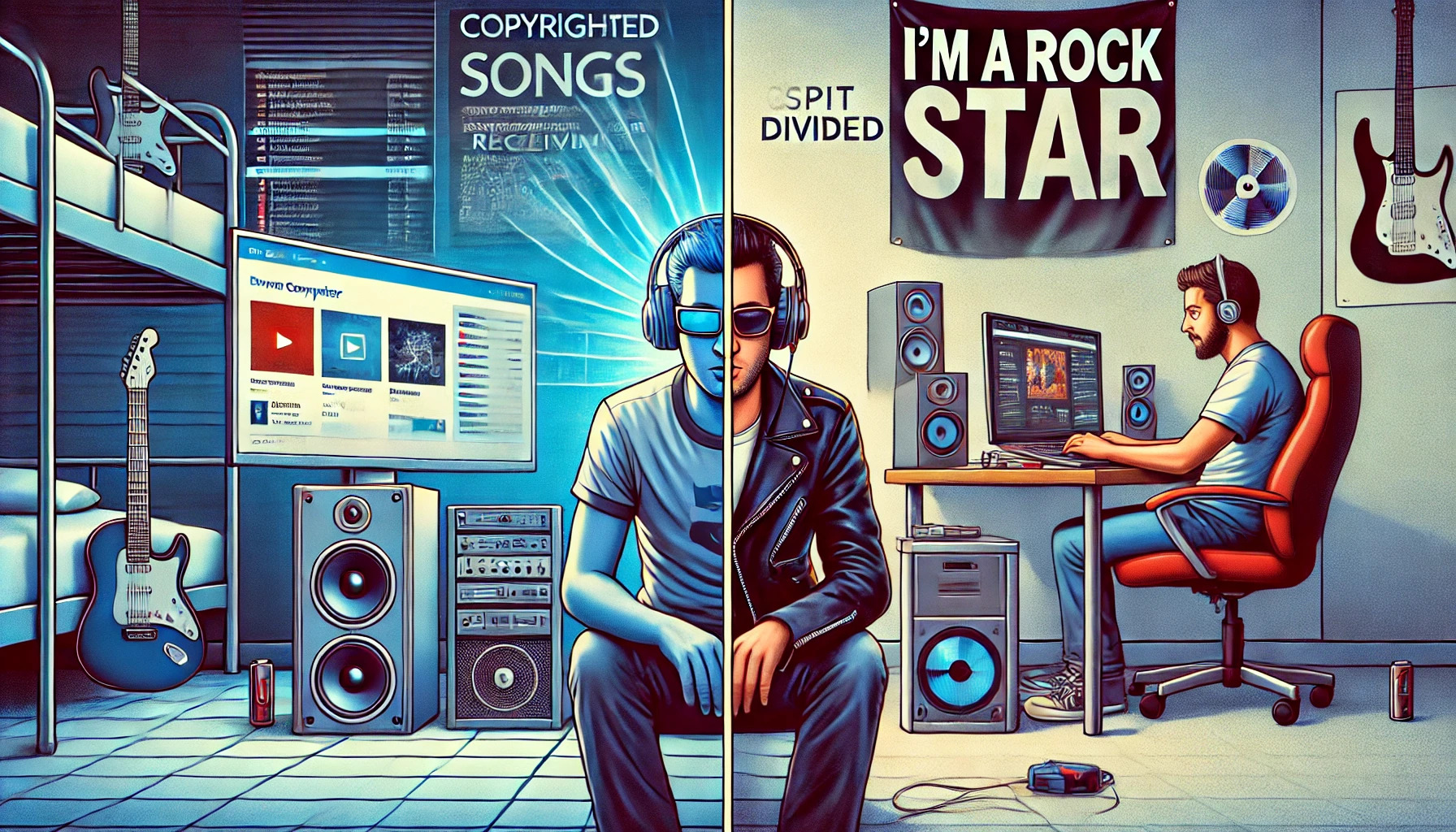Understanding Generative AI and Its Influence
Generative AI is a transformative subset of artificial intelligence that employs sophisticated algorithms to produce new content from existing data. This technology spans across various mediums, including images, text, and music, offering unprecedented accessibility and creative opportunities. However, it simultaneously introduces complex challenges in tracking and managing digital copyrights and intellectual property (IP). These challenges arise as generative AI dissects and reassembles data to create original works, posing significant legal and logistical puzzles.
Recent Developments in AI-Generated Copyrights
The U.S. Copyright Office (USCO) recently issued a landmark decision regarding a comic book titled “Zarya of the Dawn,” created by Kris Kashtanova using AI software. The comic book’s text and artwork selections were deemed protected under copyright, while the AI-generated images created with Midjourney were not. This ruling underscores the pivotal distinction between human and AI authorship, setting a precedent for future AI-generated works across all creative industries, including music.
Copyright Issues in the Music Industry
Copyright protection is deeply ingrained in the music industry, upheld by performance rights organizations (PROs) and legal frameworks that ensure royalty collection and enforcement. However, the music industry’s traditional, hierarchical structure often clashes with the transparency and open-source ethos of technological innovation. This friction is particularly pronounced in the administration of protections for musical works.
While the music industry evolves to accommodate technological advancements, the intersection of music and technology offers promising prospects. Innovations in social media and Web3 have fostered new relationships between music communities and technologists, promoting decentralized systems and enhanced creator autonomy.
AI’s Role in Music Creation
AI has been subtly integrated into the music industry for decades, with pioneers like David Bowie and Brian Eno experimenting with futuristic sounds. Recently, the conversation around AI in music has intensified, reflecting the technology’s growing presence. Research by Water & Music reveals that over ten music AI models have been introduced by independent researchers and major tech companies like Google and ByteDance. These models have facilitated the creation of hundreds of thousands of AI-generated songs, prompting a reevaluation of traditional concepts of creativity, ownership, and attribution.
Ethical and Legal Concerns
The rise of AI in music creation raises significant ethical and legal questions. Many musicians view AI-assisted music creation as a form of cheating, igniting debates around who should be allowed to make art and the ethical implications of such restrictions. The U.S. courts have yet to establish clear guidelines for protecting AI-generated works. The precedent set by the “Zarya of The Dawn” case, which protected human-authored works assisted by AI, leaves unresolved questions about the status of works predominantly created by AI with human assistance.
Determining the extent of human involvement required for copyright protection remains a contentious issue. As James Sammataro and Nicholas Saady of Pryor Cashman LLP explain, the degree of human input and the use of AI as a tool rather than a creator strengthens the case for copyright protection. This ambiguity necessitates individual evaluations of each AI-generated work.
Challenges in Tracking AI Inputs
A critical logistical challenge is tracking each input in a generative AI program’s data set. Whether this responsibility falls on the program itself or the creator using it is yet to be determined. Accurately tracking, storing, and transmitting the multitude of data pieces used to generate new creative works is a daunting task that requires robust solutions.
The Blockchain Conundrum
Blockchain technology, with its immutable ledger, has the potential to resolve many issues in music copyright management. By securely storing information about a musical work, blockchain could ensure the rights of all contributors—from producers to songwriters—are protected. However, the widespread adoption of blockchain in the fragmented music industry is challenging. For blockchain to be effective, all parties involved in a musical work’s lifecycle must use the same technological system, a scenario akin to synchronizing a group chat between iPhone and Android users.
Future Prospects
The adoption of new technologies in music, despite its complications, can foster creative growth at the intersection of music and technology. PROs currently function as administrative protectors of authors’ rights. With the advent of AI authors, we may see the emergence of new agencies dedicated to defending generative creative rights. This evolution in legal and logistical frameworks could ultimately benefit both creators and the industry as a whole.
And In The End…..
The integration of AI into the music industry is reshaping the landscape of creativity, ownership, and legal protections. As generative AI continues to evolve, so too must the frameworks that govern it. Balancing technological innovation with ethical and legal considerations is essential to ensure a harmonious future for music and technology.



Leave a Reply
You must be logged in to post a comment.